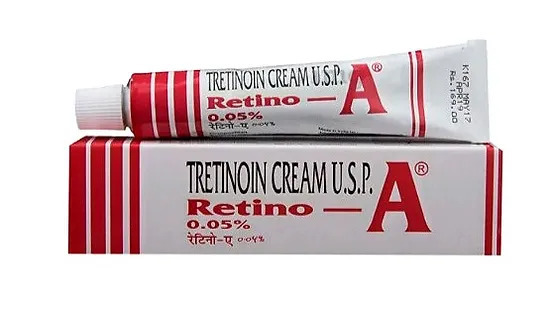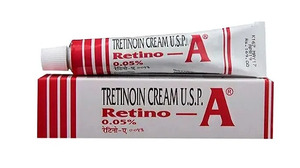-
 Find in Members
Find in Members Find in Videos
Find in Videos Find in Channels
Find in Channels
This website uses cookies to ensure you get the best experience on our website.
To learn more about our privacy policy Click herePrivacy Preference
- Tags - #Tretinoin cream 0.05%
-
- Last updated April 3, 2023 0 comments, 68 views, 0 likes
- United States - Get Directions
More in Politics
Related Blogs
Archives
Tretinoin Cream for Acne – An Overview
Body
Introduction
Acne can be a frustrating and embarrassing condition, but there are several treatments available that can help. Tretinoin cream 0.05% is a popular topical medication that is used to treat acne, as well as reduce the appearance of fine lines and wrinkles. In this article, we will explore the benefits of tretinoin cream for acne and how to use it effectively.
What is Tretinoin Cream?
Tretinoin cream is a prescription medication that is derived from vitamin A. It works by increasing cell turnover and preventing the formation of new acne lesions. Tretinoin cream is available in different strengths, ranging from 0.025% to 0.1%.
How Does Tretinoin Cream Help with Acne?
Tretinoin cream helps to treat acne by:
- Unclogging pores
- Reducing inflammation
- Preventing the formation of new acne lesions
- Promoting the shedding of dead skin cells
Tretinoin cream is particularly effective in treating comedonal acne, which is characterized by the presence of blackheads and whiteheads. It can also help to reduce the appearance of acne scars and hyperpigmentation.
How to Use Tretinoin Cream
Tretinoin cream should be applied once daily, preferably at night, to clean, dry skin. Begin by using a pea-sized amount and gently massage the cream into the affected areas. It's important to avoid using too much of the cream, as this can cause irritation and dryness. You may experience some redness and peeling when first starting to use tretinoin cream, but this should subside after a few weeks.
It's also important to use sunscreen when using tretinoin cream, as it can increase your skin's sensitivity to the sun. Avoid using other topical acne medications while using tretinoin cream, as this can increase the risk of irritation.
Who Can Benefit from Tretinoin Cream?
Tretinoin cream is an effective treatment for acne for many individuals, particularly those with mild to moderate acne. It can also be helpful for those with oily skin, as it helps to regulate oil production. However, it's important to note that tretinoin cream may not be suitable for everyone, particularly those with sensitive skin or those who are pregnant or breastfeeding.
Conclusion
Tretinoin cream 0.05% is a valuable tool in the treatment of acne, helping to unclog pores, reduce inflammation, and prevent the formation of new acne lesions. By following the recommended usage guidelines and using sunscreen, you can help to minimize the risk of irritation and achieve clearer, more radiant skin. If you're considering using tretinoin cream for acne, speak to your dermatologist to determine if it's the right treatment option for you.
Photos
Map
-
Locations on MyWorldGo
Location Information
- Location: United States - Get Directions
- Formatted Address: United States
- Country: United States






Comments